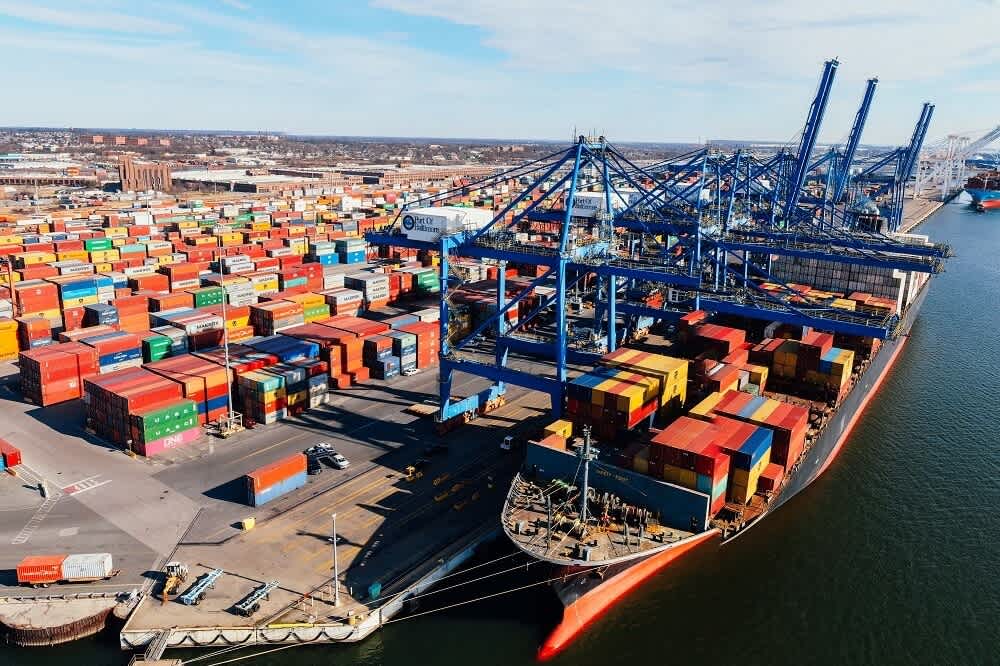Cargo insurance is an policy that takes the goods in transit as the subject of insurance, and the insurer is liable for the loss of goods caused by natural disasters and accidents. Cargo insurance and coverage is what every policyholder must know.
The term of cargo transportation insurance is usually calculated on the basis of a voyage or a journey. Anyone who has insurance interest in cargo transportation can be insured, such as cargo owners, consignors, shippers, carriers and so on.
What is cargo Insurance and Coverage
Cargo Insurance and Coverage include natural disasters such as lightning, tsunami, earthquake, etc., accidents such as ships running aground, touching the reef, sinking, disappearing, collision, etc., and external perils such as fire, theft, short volume, breakage, and malicious behavior of captain and crew.
- The total loss of the whole batch of goods due to bad weather, lightning, tsunami, earthquake, flood natural disasters;
- Loss of goods due to accidents caused by the means of transportation suffering from stranding, reefing, sinking, mutual collision, collision with drifting ice or other objects, fire or explosion;
- In the case of the means of transportation suffered an accident, the goods before and after the natural disasters at sea caused by the loss;
- Losses caused by one or several whole pieces of goods falling into the sea during loading, unloading and transshipment;
- Reasonable expenses paid by the insured for measures to salvage, prevent or minimize cargo damage to the goods which have suffered a peril within the scope of the insured’s liability;
- Losses arising from unloading of goods at the port of refuge after the conveyance has suffered a marine casualty and special expenses incurred in the port of transit, port of refuge due to unloading, storage and delivery of goods;
- Sacrifice, apportionment and salvage costs for common sea losses;
- The contract of carriage has a clause on the liability for mutual collision of ships, according to which the loss of the ship shall be reimbursed by the cargo.
Cargo Insurance and Coverage
If you want to know more details about Cargo Insurance and Coverage, you can click on this article:
In addition to the above insurance insurance, water damage insurance, all insurance insurance insurance, but also responsible for the insured goods in transit due to external causes of loss, which includes the following 11 kinds of provisions:
- Stealing, carrying the goods without insurance terms;
- Fresh water rain insurance clause;
- Short volume insurance clause;
- Mixing, staining insurance clause;
- Leakage insurance clause;
- Bumping and breaking insurance terms;
- Odor and taste insurance clause;
- Moisture and heat insurance clause;
- Hook loss insurance clause;
- Packaging rupture insurance terms;
- Rust damage insurance terms.
If you don’t want to just read these text interpretations, you can click on the video below to help you understand more quickly about cargo insurance and coverage:
Cargo Insurance and Coverage
Cargo insurance claim process
Reporting Loss
Once a loss or damage occurs to your cargo during ocean transportation, you need to report the loss to your insurance company as soon as possible. It is usually required to report the loss within a certain period of time after the discovery of the loss in order to avoid the lapse of the statute of limitations for claims.
Submit a claim
You need to submit a complete claim to the insurance company. The application will usually need to include a claim form, packing list, invoices, shipping documents, photographs, and other evidentiary materials. The insurance company may require specific documents and certificates to support your claim.
Cargo Insurance and Coverage
Claim Review
The insurance company will review and investigate your claim application. They may verify information such as the value of the goods, the course of transportation, the amount of insurance coverage, and may contact the carrier, freight forwarder or storage company involved.
Claim Decision
Based on the review and investigation of the claim application, the insurance company will make a claim decision. If the claim complies with the terms and conditions of the insurance contract, the insurance company will notify you of the amount of compensation and the method of payment.
Payment of compensation
Once the insurance company has made a decision on the claim, they will negotiate with you on how and when the compensation will be paid. Usually, the compensation payment will be made by bank transfer or other negotiated methods.


